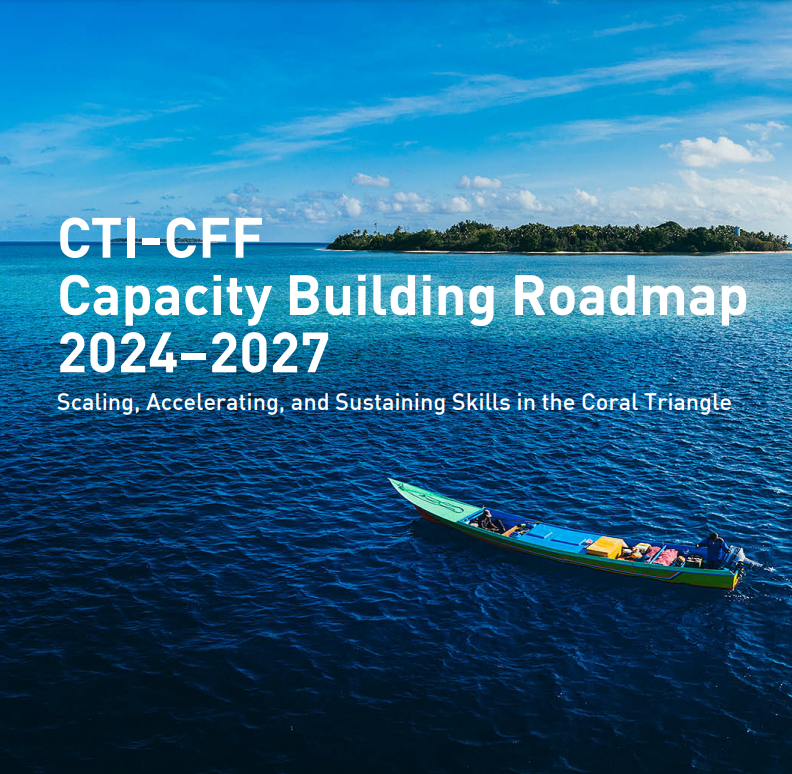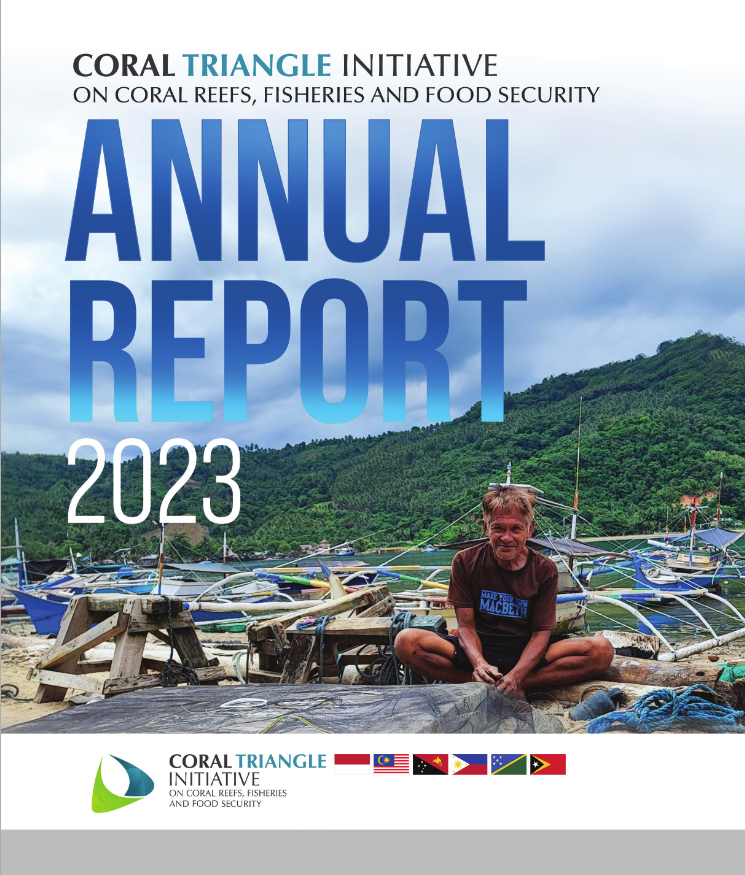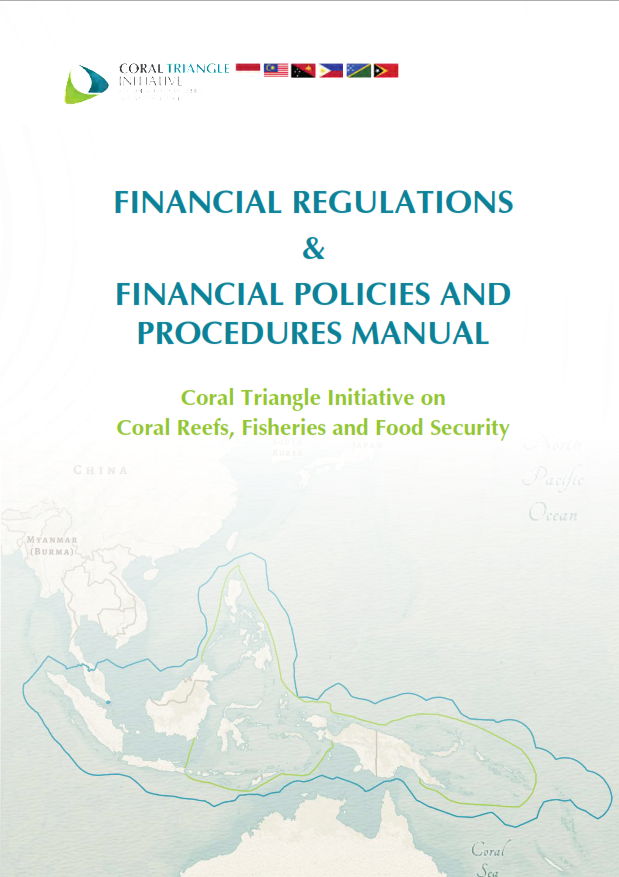EAFM Training Gains Ground
A training course in applying an ecosystem approach to fisheries management (EAFM) initially developed for CTI-CFF is winning supporters among fisheries and conservation practitioners, agencies and institutions across the region.
Called “Essential EAFM,” the course evolved from earlier training courses developed for CTI-CFF beginning 2010 and piloted in Indonesia and Malaysia in 2012, and a course development initiative undertaken at about the same time by the Bay of Bengal Large Marine Ecosystem (BOBLME) Project. In its current form, the course was first delivered in Sabah, Malaysia last November 2013 and has since been replicated in Malaysia and the Philippines, with at least one more training planned this year in each country.
In a recent blog post (external link), Ms Megan Moews-Asher, one of many contributors to the development of the course, recounted that the Sabah EAFM participants (now trainers) led last month’s Essential EAFM training with the Southeast Asian Fisheries Development Center (SEAFDEC).
Held on January 20-30 in Thailand, the training was attended by 29 trainers, mostly from Indonesia and the Philippines. Also in attendance were scientists from the Coral Reef Ecosystem Division of the US National Oceanic and Atmospheric Administration (NOAA) Pacific Islands Fisheries Science Center and partners from the United Nations Food and Agriculture Organization (FAO), BOBLME Project, NOAA Sea Grant, and IMA International.
Ms Moews-Asher also reported that officials from the Philippines and Indonesia have requested from NOAA assistance with customization of the course for delivery in their respective countries. In addition, discussions are underway between NOAA, USAID, FAO, BOBLME and SEAFDEC to potentially institutionalize the course through SEAFDEC.
The Essential EAFM course provides basic knowledge on the EAFM process and how this process can assist in decision-making for responsible and sustainable fisheries. It is designed for personnel, including staff of economic development and planning agencies, who are responsible for administering fisheries and marine environments at the provincial or state and district or local levels. The core aim is for participants to develop professional planning skills for more effective and equitable management of fisheries, responding to the need for regional capacity development that has been identified by representatives of fisheries agencies and institutions within the wider Asia-Pacific region through intergovernmental and regional fisheries processes.
“We watched the EAFM seeds planted with SEAFDEC bloom last month, and we are seeing other seeds continue to grow in the Coral Triangle region as a result of previous courses and fisheries management technical assistance,” said Ms Moews-Asher.
Three regional organizations were involved in the development of the course, namely, USAID through funding under the US CTI Support Program (USCTI) implemented by the NOAA and the Coral Triangle Support Partnership (CTSP) as part of their efforts to support CTI-CFF; the eight-country BOBLME Project funded by the Global Environment Facility (GEF), Norwegian Agency for International Development (NORAD), Swedish International Development Cooperation Agency (SIDA) and FAO; and the 21-country Asia-Pacific Fishery Commission (APFIC).
To view Ms Moews-Asher’s blog post, click here (external link).
To download the “Essential EAFM Handbook,” click here.



